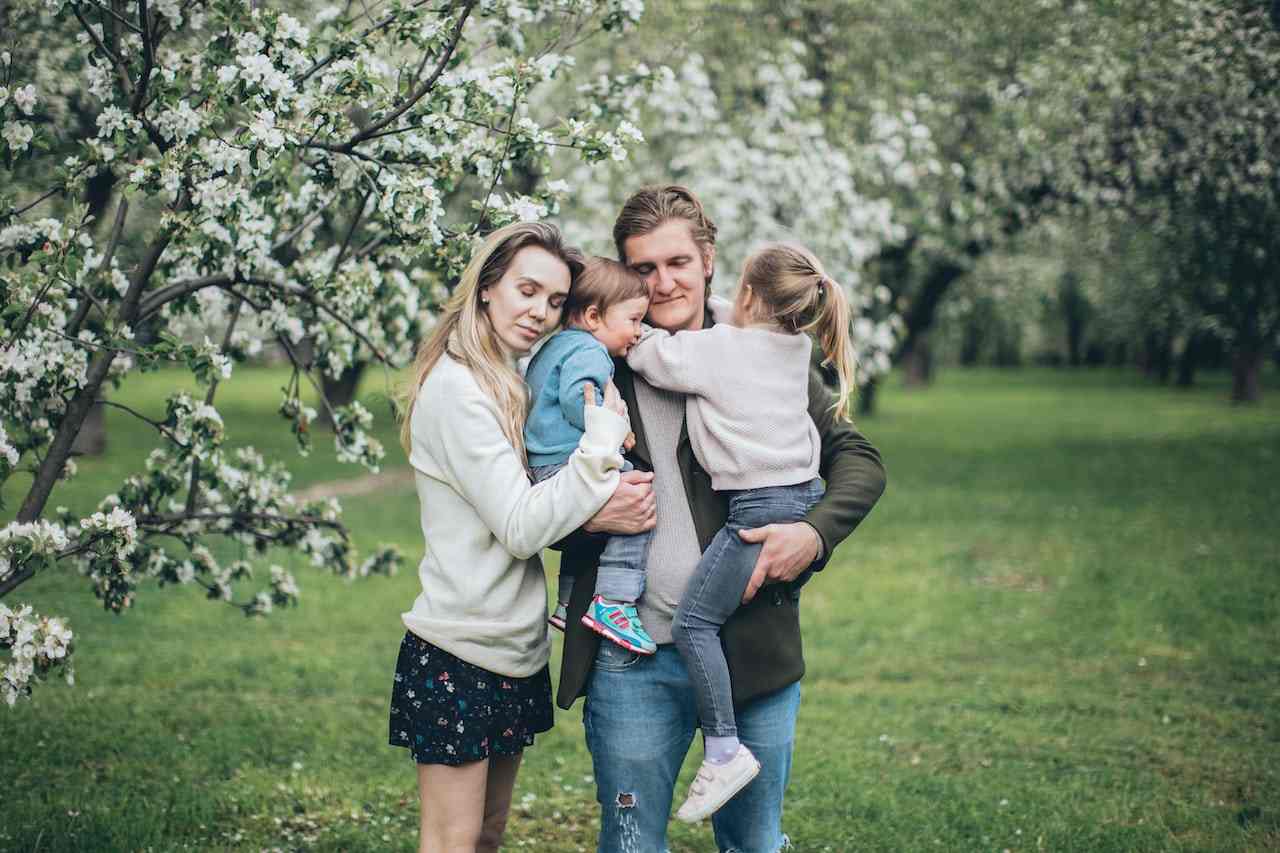Immigration Announcement
Canada’s Parents and Grandparents 2023 Lottery Begins: What You Need to Know

Canada, renowned for its commitment to family reunification, has opened the doors for the Parents and Grandparents Program 2023 lottery. This program allows Canadians and permanent residents to bring their parents and grandparents to Canada. We’ll also discuss the Super Visa as a family reunification alternative.
The 2023 PGP Lottery: A Glimpse
Between October 10 and October 23, Immigration, Refugees and Citizenship Canada (IRCC) announced that it would issue invitations to apply to a total of 24,200 potential sponsors. These invitations will be extended to randomly selected applicants from the remaining pool of submissions dating back to 2020. The IRCC’s objective is to receive 15,000 complete applications. If you applied in 2020 but didn’t get invited in 2021 or 2022, check your email, including the spam folder. Stay vigilant.
Understanding the PGP Program and Eligibility
The Parents and Grandparents Program promotes family reunification in Canada. It enables citizens and residents to sponsor their parents and grandparents for permanent residency. Unlike first-come, first-served systems, PGP employs a lottery. Interested sponsors submit forms during a specific period, and winners are invited to apply for permanent residency
Here are Some Key Details For the 2023 PGP Program
Application Period
The application period for the 2023 PGP Program typically opens in January and remains open for a limited time, usually a few weeks.
Random Selection Process
After the application period closes, the government conducts a random draw to select the sponsors who will be invited to apply. This lottery system aims to make the process fair for all interested sponsors.
Invitations to Apply
Those selected in the draw will receive an Invitation to Apply (ITA) for permanent residency. They must then submit a complete application within a specified timeframe.
Financial Responsibility
A crucial factor in PGP eligibility is the Minimum Necessary Income (MNI). For previous years’ MNI figures, you can refer to the IRCC’s official website.
Quebec assesses income requirements for sponsors. The undertaking period is 20 years in most provinces, but in Quebec, it’s 10 years.
Medical and Criminal Checks
The sponsored parents and grandparents must also undergo medical examinations and provide police clearance certificates.
Income Proof
In all provinces and territories across Canada except Quebec, sponsors who receive an invitation must provide Notices of Assessment from the Canada Revenue Agency (CRA) for the three taxation years preceding their application.
Exploring the Super Visa
For those who don’t secure an invitation in the PGP lottery, there’s another avenue – the Super Visa.
The Super Visa provides a fantastic opportunity for Canadian citizens and permanent residents to bring their parents and grandparents from abroad. Unlike the PGP lottery, the Super Visa is available year-round and is open to eligible applicants. To be eligible, an applicant must:
- Be a parent or grandparent of a Canadian citizen or permanent resident.
- Not be inadmissible to Canada due to criminal or health reasons.
- Demonstrate the ability to meet the income requirements based on the Low-Income Cut Off (LICO).
- Provide a signed invitation letter from their child or grandchild in Canada, including a commitment of financial support for the duration of the visit and a detailed household list.
- Furnish proof of medical insurance coverage for at least one year through a Canadian insurance company.
The Super Visa allows parents and grandparents to visit Canada for up to five years without visa renewals, with multiple entries over ten years. Extensions can even grant up to seven years. It complements the Parents and Grandparents Program, offering year-round family reunification options in Canada, reflecting the country’s commitment to inclusive immigration policies.






















